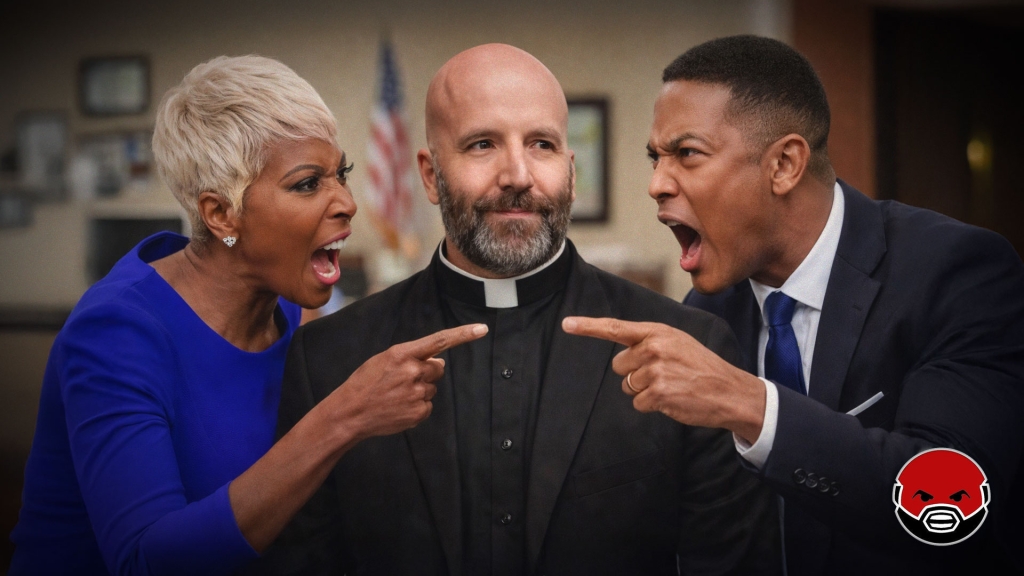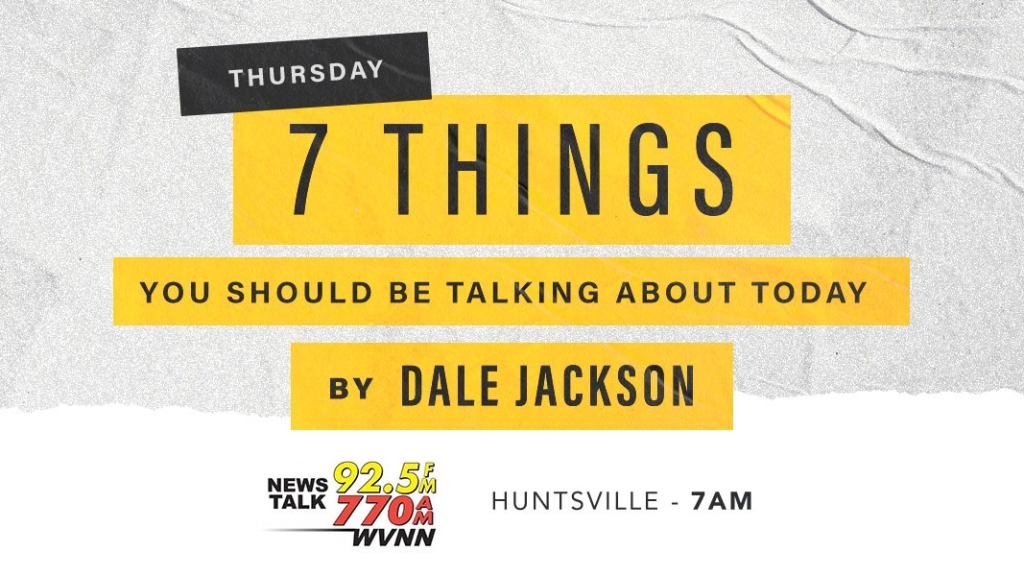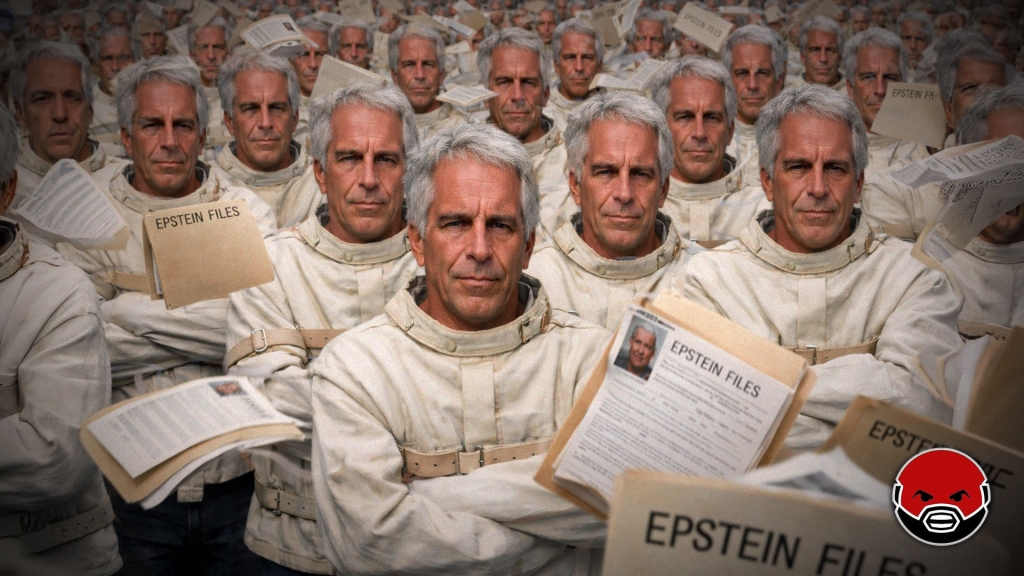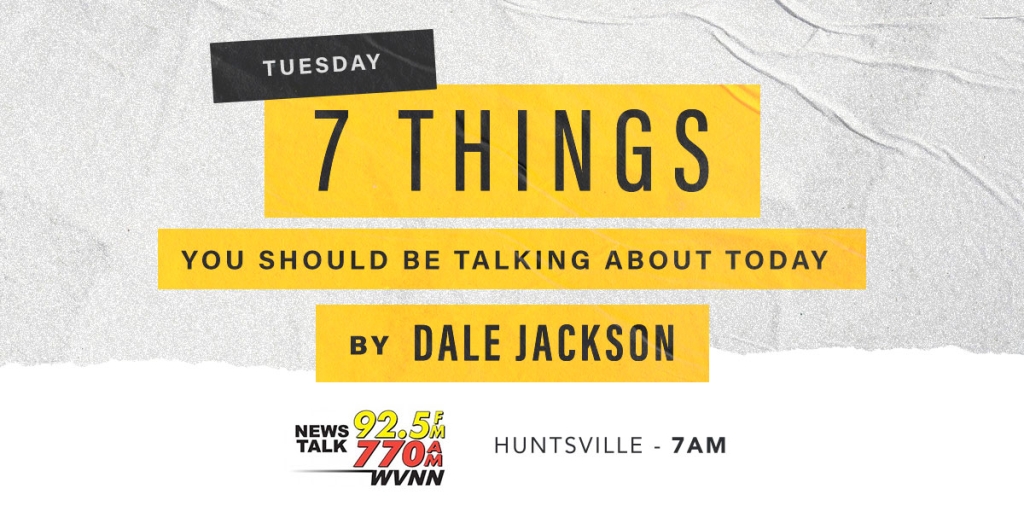
Listen to the 10-min audio
Read the transcript:
TOM LAMPRECHT: Harry, last week, it was reported that the National Endowment for the Humanities spent nearly $13 million in just one month for 253 projects. Now, the National Endowment for Humanities gives away a lot of money for a lot of projects and a lot of these projects, Harry, I’d have to just say they’re nonsensical-like grants to investigate the bell and music and culture of Bulgaria.
Another grant for almost $100,000 was given to Texas Women’s University to investigate incorporating global perspectives into its college humanities courses. There’s been thousands of dollars spent on panel discussions concerning the LGBTQ history.
Harry, the list goes on and on and on and on and, most of these things, I think if people had to pay for them out of their pockets, the average American would say, “No way.”
DR. REEDER: And we need to make clear you are paying for it out of your pockets – that’s your tax money that’s going to these issues. And, by the way, the list is unbelievable. You’ve just picked a few little things that were in that report.
Some of the projects, you’ve got one called “Slouch: How to make people sit up better and why do they slouch?” Listen, just cut my mama loose on this one: “Stand up straight, boy.”
FRUGALITY AND STEWARDSHIP
I promised yesterday I would give the reason as to why my mama will be proud of this program. My dad and mom were not part of the Depression, but they were born in the Depression and, therefore, they were born to families that were addressing the Depression.
It carried over into habits to us. My dad and mom taught me and my three sisters a work ethic that is manifested in our life and they taught us frugality – “stewardship.” One of the things it’s allowed Cindy and I to do is to be able to give a lot for Christ out of what God is giving to us and one of the reasons why is because we’re able to live with frugality.
FRUGALITY IN GOVERNMENT
Well, if there’s any place frugality needs to be in place, it ought to be in the government, particularly if you have a view of limited government. What is the government there for? For the general welfare – that’s what the government is there for. It’s not there for special interests.
I believe there’s a place for us to fund medical research and I believe there’s a place even to fund some of the fine arts, but what we don’t fund are specialized agendas.
I was part of the debate in Charlotte over the funding of The Arts and Science Council. The Arts and Science Council had given grants to plays that supported the LGBTQ agenda and I challenged that. And they said, “Well, you just don’t want any support for the arts.” I said, “No, no, I benefitted from the arts.”
When I was a kid in elementary school, I remember them putting us in a bus, driving us down to Ovens Auditorium and that money that had been set aside was used to pay the Charlotte Symphony in order for us to come and hear something we would never have had the money to go and hear.
TRUMP SHOULD EXAMINE THE BUDGET
I’m all for that use of it, but what we don’t want are these specialized projects in place and so I have a recommendation, Tom, out of this program: I think this president is perfectly placed as a “populist president” businessman to go and do what he would do in his company, which is make sure you sharpen the pencil and you don’t have extraneous, nonsensical projects in which you’re spending money where you ought not to be spending money. And, if he could put together a Blue-Ribbon Committee to search and make recommendations of how to destroy all of these nonsensical projects and initiatives that are out there that are there only for special interests.
LITTLE CUTS CAN GO A LONG WAY
Now, people say, “Now, Harry, you’re talking about hundreds of thousands of dollars of this and millions of dollars for that, we’ve got debt that’s unbelievable. That’s a drop in the bucket.” Well, you put enough drops in the bucket, you’ve got a pail full of water in a bucket.
And, by the way, knocking out 1 to 2 percent of a budget is not a bad idea, no matter what size the budget is. There are some congressmen and some senators I know who share this perspective who are very smart in this matter of looking at spreadsheets and looking at projects and understanding what is important.
Don’t take the money of the citizens of this United States through the tax system and waste this tax money on those initiatives. I don’t care if it doesn’t amount to 1 percent of the budget, go after it and get it done.
TIME TO CUT PET PROJECTS FOR GENERAL WELFARE
TOM LAMPRECHT: Indeed, is this not symptomatic of a bigger problem?
DR. REEDER: Which is the government is now existing and trying to be a player in the industry. Now, listen, I know there are necessary projects that need to be funded, particularly in the area of science and particularly in the area of medical research. I understand that – I am not talking about that.
I am talking about these inane programs that I think somebody almost proposes them as a joke on the government, but somebody takes it and funds it and now a whole class of people exist off of the dole of the government in carrying out these research projects that are meaningless, that are filed away, that have no impact on the general welfare.
WHAT IS THE GOVERNMENT’S FISCAL ROLE?
Remember, the federal government is here for the general welfare of the people throughout the United States as it carries out the protection of the Bill of Rights and the execution of the law of the land and that is the Constitution.
The government provides defense, the government provides protection, the government provides law and order in a nation – that’s what the government does. It should not be here in order to fund meaningless and unnecessary projects that have nothing to do with the general welfare of the citizenship in this country.
FAMILY BUDGETS CAN SET A GENERATIONAL LEGACY
TOM LAMPRECT: Christian application, Harry, in terms of how we spend our money and in terms of how does the believer respond to the situation?
DR. REEDER: Tom, all I’m asking for is for the government to take a look at its purpose, create a budget according to its purpose and treat the money that you have taken from people through taxation with respect and with thoughtfulness. This isn’t Monopoly money for you to play around with. Be a leader of responsibility – and I know we have a number of elected officials that feel this way.
On a personal level, this is the way that we ought to live as believers. Our money isn’t our money – God has given us stewardship. We are stewards.
What does it mean to be a father and a mother and creating a budget for your family that is not superficial and that is not devoted to following the latest fads of society? Teach your children how to create a budget that is the meat and potatoes of life. Teach your children something about respecting the financial and material resources that God has entrusted to you.
SHOULD WEALTH BE HANDED DOWN?
One final thing that’s a little bit beyond our program for today: I believe one of the most non-productive things is second generation and third generation wealth. You want to hand off a business? You want to hand off property? You want to hand off a stipend to your children? That’s fine, but the No. 1 thing you ought to hand off to your children is a spiritual legacy of what it means to live for Christ, trust in Christ and be a follower of Christ. In the meantime, the money that God has given to you, measure it out and use it for the Lord.
And, when you get to the end of your life, yes, here’s a stipend for your children, here’s a business, maybe, for your children, here’s some real estate for your children, here’s a library for your children, here’s an education I’ve given to you but, everything else, God’s given to me, I’ve invested it according to Biblical principles and values in life and it’s been done in a way to honor the Lord. I’m not like the man that took the gift of God, and dug it, and put it the ground and saved it up. I used it for Him.
Dr. Harry L. Reeder III is the Senior Pastor of Briarwood Presbyterian Church in Birmingham.
This podcast was transcribed by Jessica Havin. Jessica is editorial assistant for Yellowhammer News. Jessica has transcribed some of the top podcasts in the country and her work has been featured in a New York Times Bestseller.
Podcast: Play in new window | Download
Subscribe: RSS












